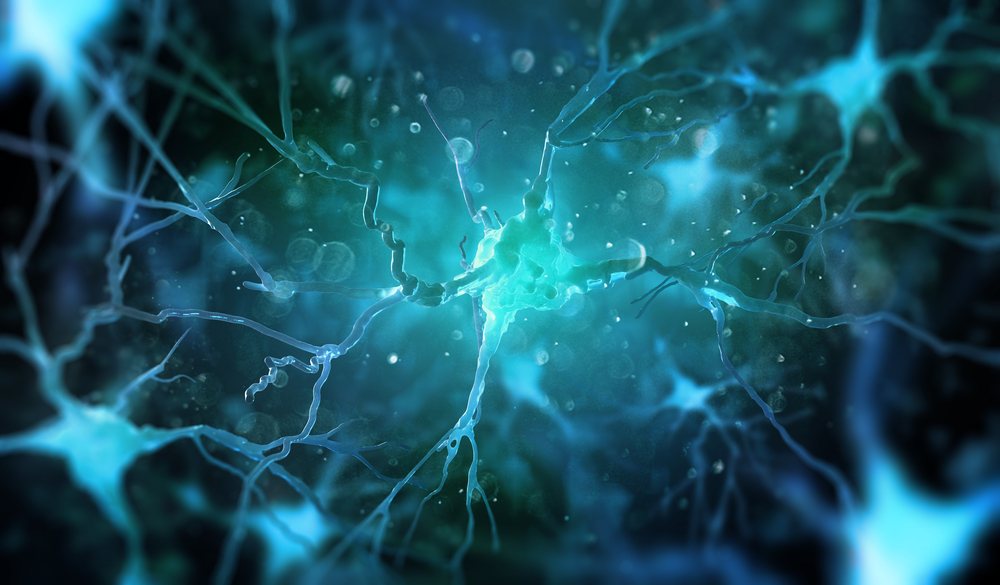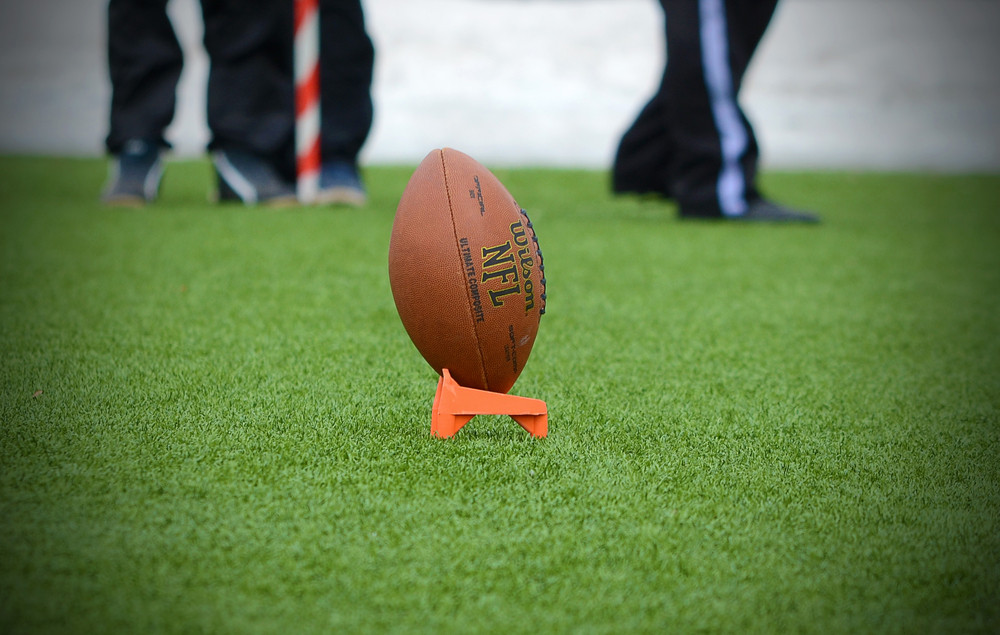Drug addiction is no respecter of persons.
Men and women both abuse and enter recovery. Both experience difficulties during recovery and need help learning how to get clean.
However, women in recovery experience unique struggles.
Because their struggles are unique, women need different treatment approaches. Women also need different ways of managing their struggles during recovery.
We’ve put together a list of 4 recovery tips just for women. Read them, try a few, and share them with someone else who could use them.
A great start for overcoming issues in recovery is accepting yourself for who you are and where you are in the process.
Love Yourself
Shame and low self-esteem affect women in recovery.
Some women feel shame and guilt because they chose drugs or alcohol over healthy coping strategies. Shame creates a huge burden for women. Discussing the reasons you feel shame with your therapists or in your group sessions can help you release the burden.
Accepting who you are and loving yourself are two critical steps in the recovery process.
Loving yourself includes making self-care a priority. Self-care is a pillar of any woman’s recovery.
Before recovery, using drugs or alcohol was your priority. You likely forgot about things like your physical and emotional health. Over time your health deteriorated.
When you get sober, caring for yourself may not come naturally. Developing self-care habits takes time. Start making self-care a priority by trying a few of these simple activities:
- Journaling–writing is therapeutic
- Spending time alone
- Take a break from social media
- Reach out to a friend
These are simple activities you can start with but you may also discover others. Remember, what works for one person may not work for you. The important thing is you’re exploring ways you can put in place self-care in your new life.
Loving yourself and working on self-care help women move forward in recovery, but learning about what triggers a return to using drugs or alcohol is also critical.
Understand Your Triggers
Addiction usually begins as casual behavior. Over time compulsions develop. Compulsions are a reaction to stimuli-things from your environment that drives you to use.
Engaging in addictive behavior is often a result of not managing triggers. During the recovery program, triggers can prompt substance use or engagement in unhealthy and risky behaviors.
Stress is a known substance abuse trigger in women. Cravings result when your brain responds to stress.
Trauma, such as physical abuse from a partner is also a trigger. Women deal with hormones at all stages of life and hormones can trigger abuse.
Triggers may include any of the following:
- Cravings
- Beginning new romantic relationships
- Ending relationships
- Pain
- Being alone
- Hormone
- Recovery milestones
- Boredom
Learning about your triggers and being prepared to manage cravings are big parts of addiction recovery programs. Working through beforehand and practicing new behaviors will help when triggers occur.
Since social situations are a trigger, many women in recovery end up seeking new friends and healthy relationships.
Create a Support Network
Many women in recovery have a social network that doesn’t encourage sobriety. Friends still use and can’t offer healthy support. Some friends won’t support a woman getting help.
If that’s your situation, consider finding new relationships with people who don’t use drugs. If your partner uses drugs or alcohol the relationship likely will not be healthy or supportive.
Finding friends who support sober living can help teach you how to get clean. Meeting healthy friends isn’t difficult but leaving the old friends may be hard. Many women look for sober friends from within their recovery support group.
Creating a new support network will help improve your emotional health and your success in recovery. Be patient as building new relationships takes time.
Another way you can help yourself in recovery is by making healthy lifestyle choices.
Healthy Lifestyle
Inspire Malibu suggests a healthy diet and an exercise program are key components of successful recovery.
Think about your diet while you were using drugs. Was it healthy and well-balanced or were meals sporadic and based on junk food? Did you enjoy a regular exercise program?
Physical health suffers during addiction. The substance you used wreaks havoc on your body. Your focus on using means you didn’t always make healthy choices.
Making healthy living a priority will help you stay on track during recovery.
Try these healthy lifestyle tips:
- Eat nutritious meals and snacks
- Exercise each day–even if it’s only a walk
- Take vitamin and mineral supplements if recommended by the health care provider
Ask for help from your counselors and your support group. There’s power in numbers and making healthy lifestyle choices is easier when you know you’re not alone.
Continue Learning How to Get Clean
Recovery is an ongoing process. Your chances of success depend on several factors but the one with the biggest impact is YOU!
The choices you make each day push you closer and closer to success.
Surround yourself with supportive people who don’t mind helping you learn how to get clean is critical. Eat a healthy diet and get physical–as in walking or some other activity that gets your blood pumping. Believe in yourself and practice self-care.
Keep learning about yourself and healthy lifestyle choices that support your new sober living lifestyle. Blonde and Balanced posts articles on all kinds of healthy living topics. Contact us today and share your story with us!

Rachel Slifka is a freelance writer and human resources professional. She is passionate about helping fellow millennials find success with their finances and careers. Read more by checking out her website at RachelSlifka.com.







